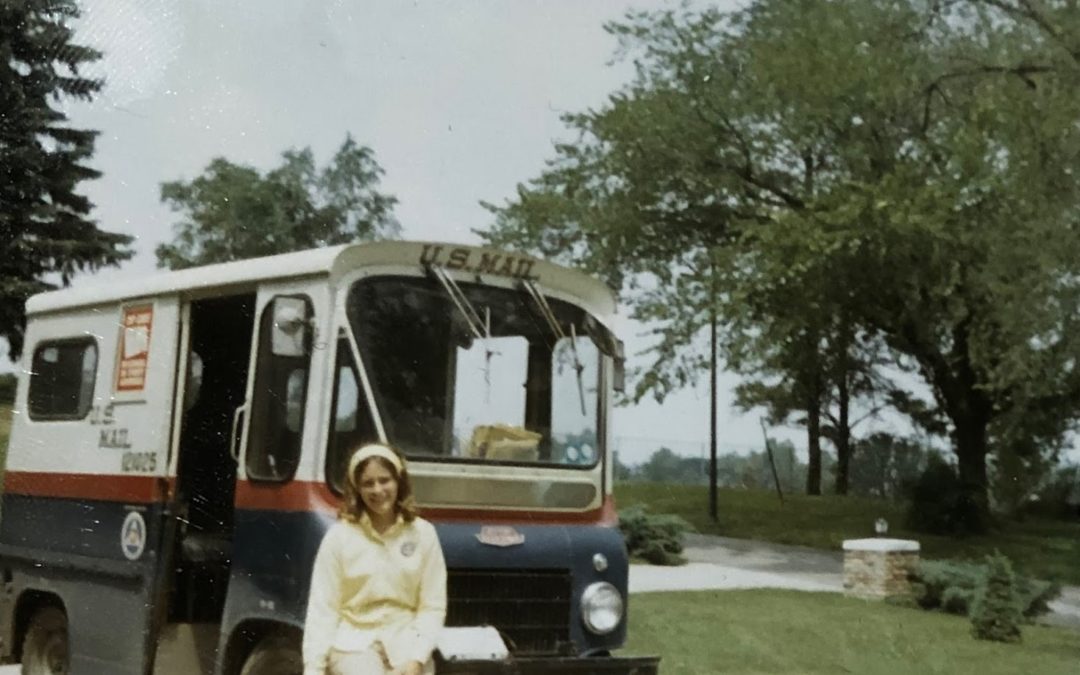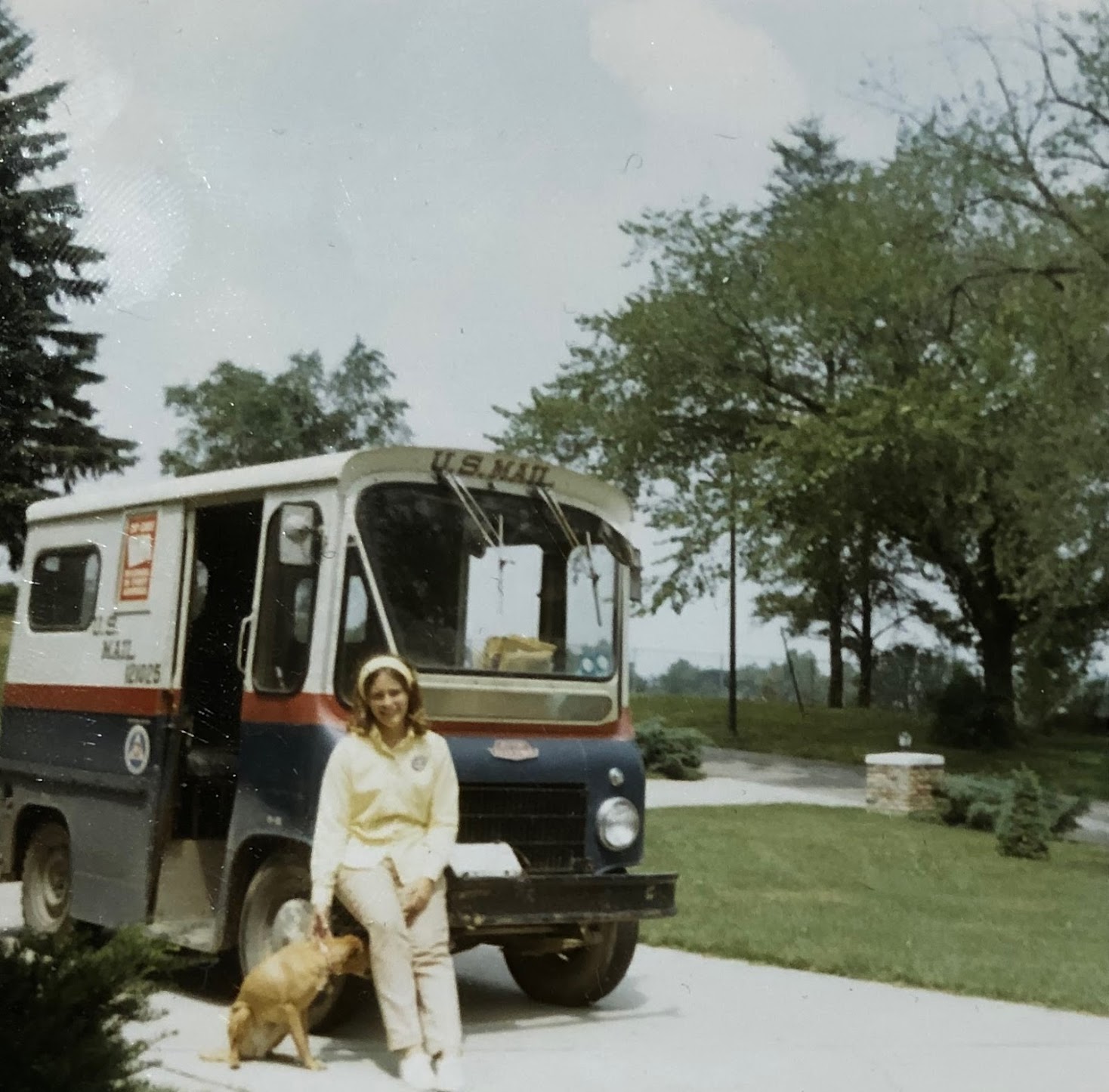
You Spoke, We Listened
You Spoke, We Listened
It’s that time for everyone’s favorite topic: divestiture!
If you recall, I wrote a blog (a while ago) about how a number of our passionate, eco-minded students wanted the University of Nebraska to eliminate investment in fossil fuel stocks. They voiced their concerns and shared their thoughtful reasoning during the time allotted for public discussion at Board meetings.
They spoke. We heard them.
I am happy to tell you that President Carter and Chris Kabourek – the Vice President of Nebraska University who staffs the Business and Finance Committee – have completed a fifteen-month process to address students’ concerns.
The question was whether we had invested in the fossil fuel industry, and particularly the two hundred companies in the carbon underground. In a series of meetings, the issue was discussed with different constituency groups, university partners and students.
They did what we human beings find incredibly difficult: they listened to each other.
I honestly believe that sometimes this is the hardest thing to do. But that’s exactly what they did, they really listened. There were meaningful dialogues and tireless work to find common ground. Together they created a vision of sustainability that reflects the common-sense beliefs and values of Nebraskans. The new policy will be presented at our Board of Regents meeting on April 9th.
While divestiture may not be your go-to Jeopardy category, this policy is definitely worth a read.
The new policy will apply to Fund N, which is the fund that contains all gifts made directly to the university. This fund is managed by the Board of Regents and University Endowments Committee. The policy will require that University Fund N will have no investments in energy companies that do not have clean energy plans in place. Plus, Fund N will not make any new investments in energy companies that do not have a sustainability plan.
It will also require consideration of environmental, social, and governance (ESG) factors in any new investments.
You can be sure that this is not the last discussion we will have about this. It’s important that as a university we live and operate ethically, and with a mind toward the future. This new policy would not have been possible without the leadership of the students and the process that has led to important change. I can’t wait to see what happens next.
*Barbara’s thoughts as written by Kate based on weekly (fascinating) conversations.







